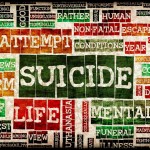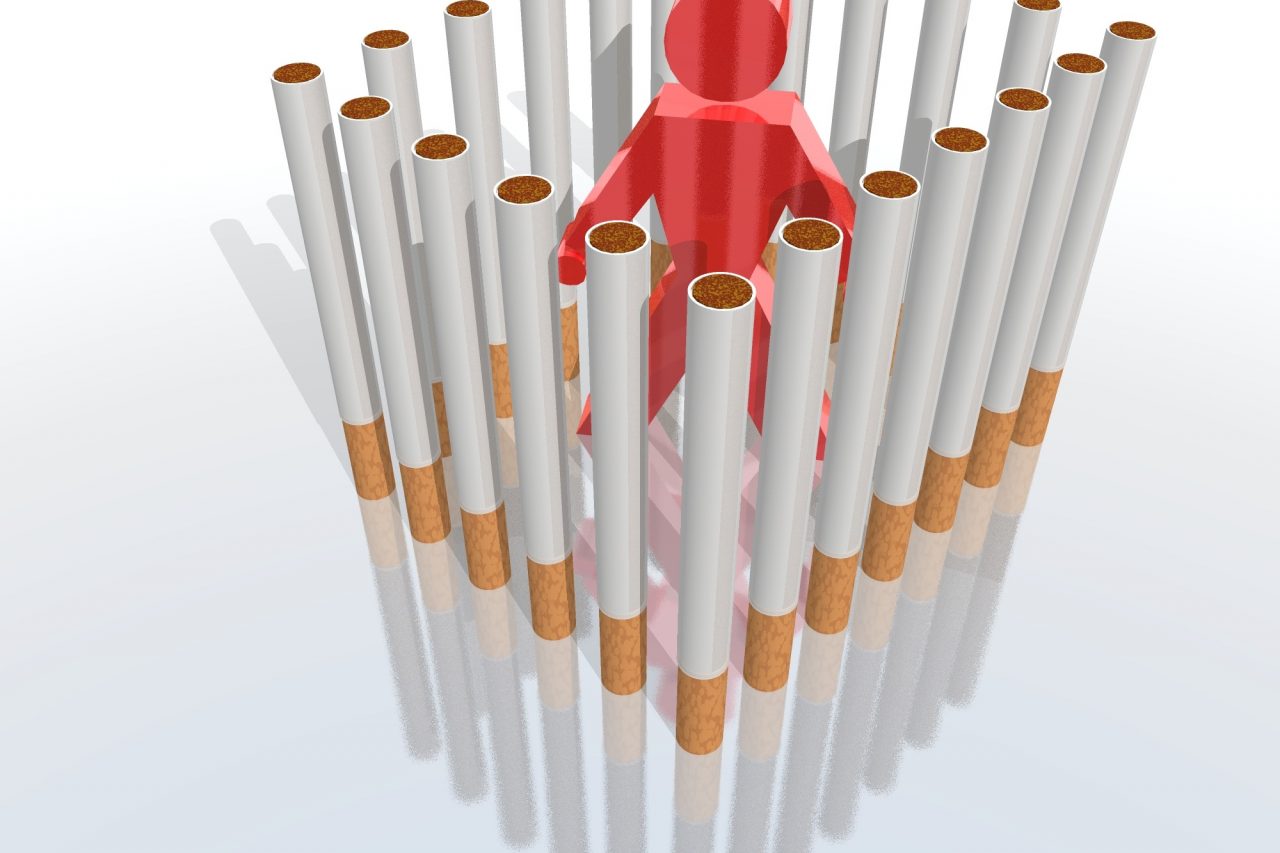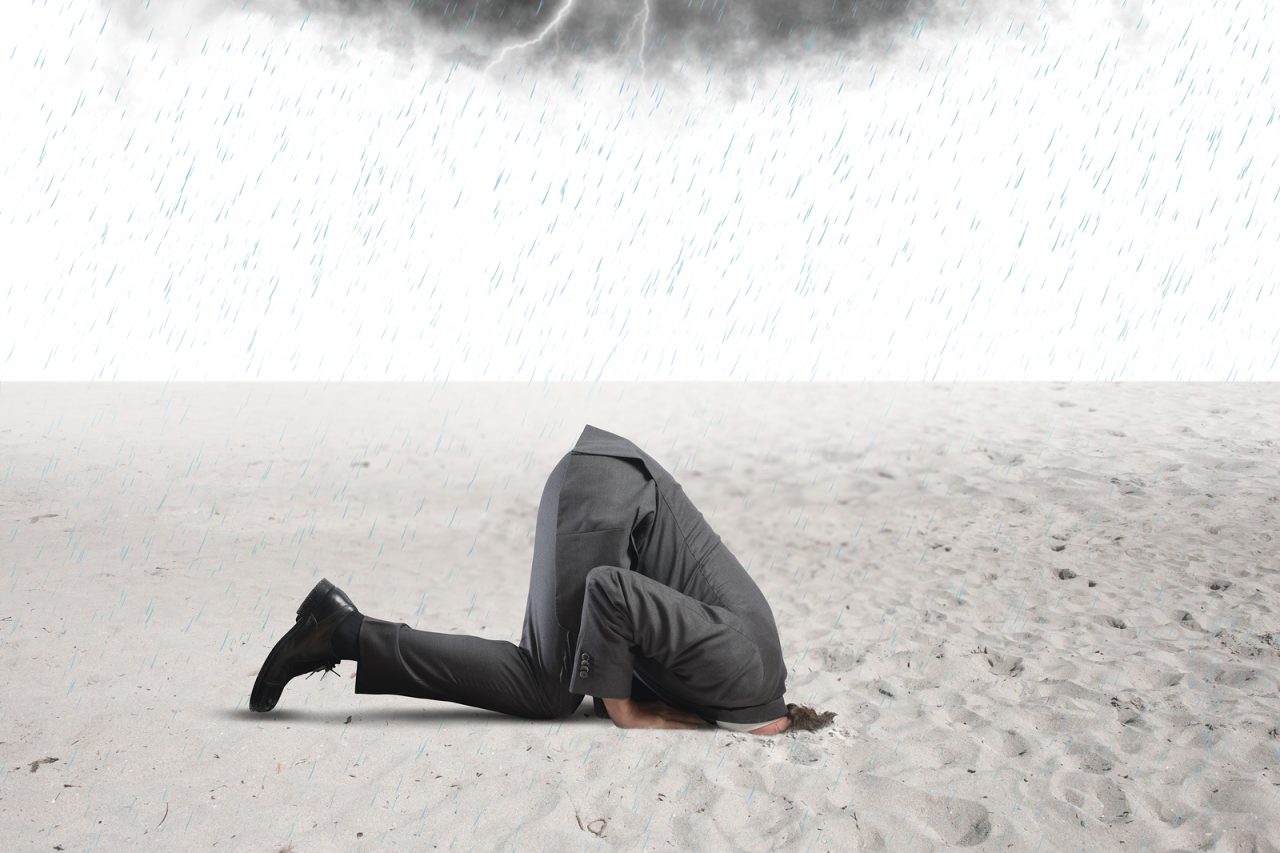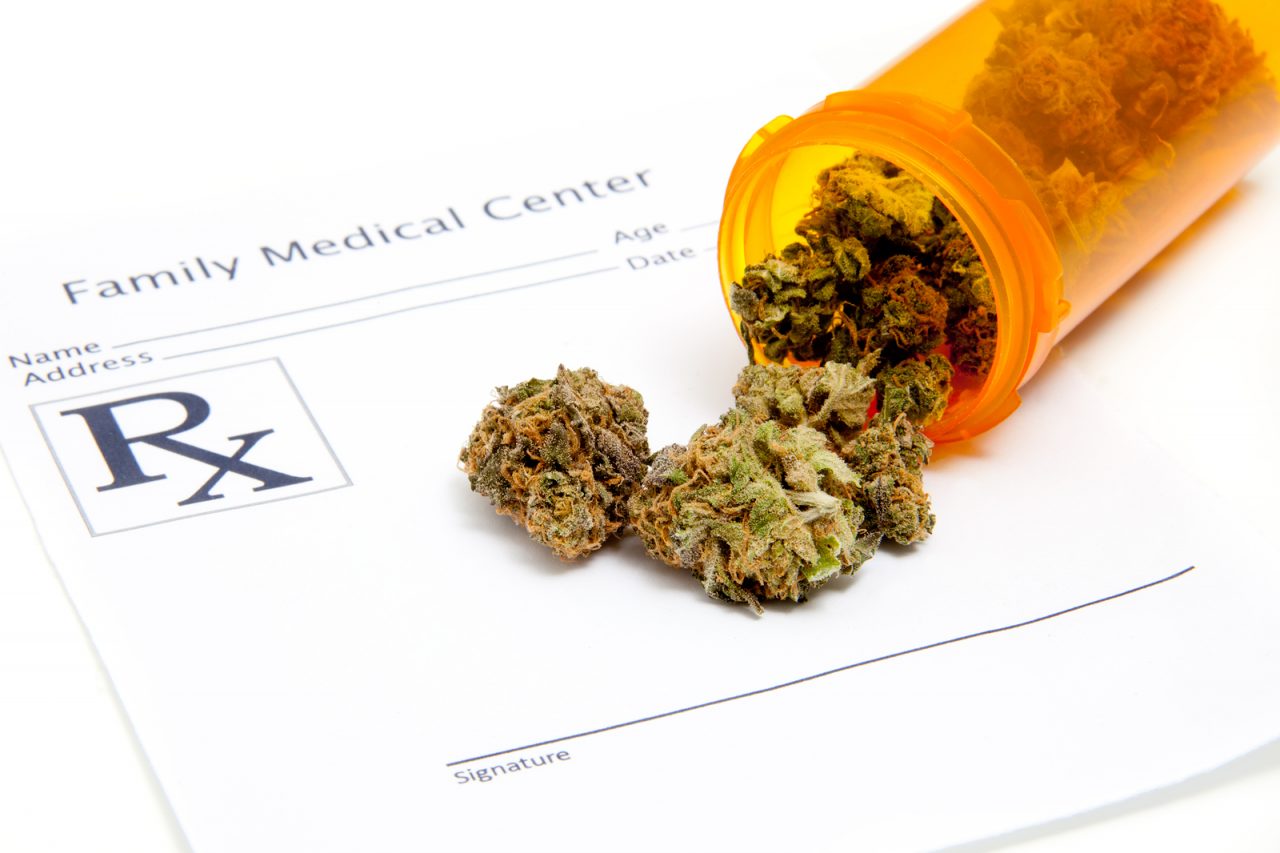In my Tuesday, November 25 blog, I detailed my opposition to physician-assisted suicide. Lively and interesting comments followed with a broad range of views and observations. A few of the comments reflected some misunderstanding of basic concepts in hospice and palliative medicine. Therefore, in the spirit of encouraging erudite and engaged conversation, I present here the definition of a key concept, The Principle of Double Effect.
Whatever one’s beliefs about end-of-life and suicide, all can agree that pain control is vital. Physicians have been accused, and rightly so, of being hesitant to give adequate doses of medications, especially narcotics. Patients are equally guilty of resisting pain control, often because of false beliefs regarding side effects. As a result, even though we all know pain control is important, there are times when it is not achieved.
It is true that the higher the dose administered of a pain medication, the more likely serious side effects. While most of the time pain medications are safe and can be given with a minimal risk at very high doses, such as might be used in a patient with advanced cancer, it is possible for narcotics to cause drops in blood pressure, decreased breathing and can, rarely, lead to death. The balance between the benefits of narcotics and their side effects is important to understand and is at the core of the Principle of Double Effect.
First, written 850 years ago by St. Thomas Aquinas in the sentinel work of philosophy, Summa Theologiae, and nearly universally supported by Western ethical theory, The Principle of Double Effect, as it relates to pain control, says; if the Primary Goal is to control pain, if there are side effects, even death, then the treatment is morally and ethically acceptable. In other words if a patient is dying of head and neck cancer and is in horrible pain, and if in order to control the pain it takes so much narcotic that the patient’s breathing is reduced that, while sad, is ethically acceptable. However, the reverse may not be acceptable. Many doctors, patients and philosophers would say that leaving a person with horrible pain to suffer in order to avoid using narcotics is unacceptable and unethical.
It is critically important to understand the difference between death from narcotics, which might occur under the Principle of Double Effect verses death from euthanasia. The goal of a narcotic (or other treatment) under Double Effect is to allow the patient to live without pain. Thus, the primary action is to provide a good, to heal suffering. The primary goal of a narcotic (or other treatment) as used for euthanasia or physician assisted suicide is to kill. In the first case, harm is rare and not the intent, in the second death is the intent and happens every time.
Particularly in palliative or hospice care, we must be aggressive as needed to control pain. The Principle of Double Effect allows doctors, families and patients to focus on that which is most critical, quality of life. It is a paradox that when we fail to provide aggressive comfort care, untreated suffering makes patients literally, “want to die.” It should always be our goal to control pain and thereby make it possible to live.







8 Comments